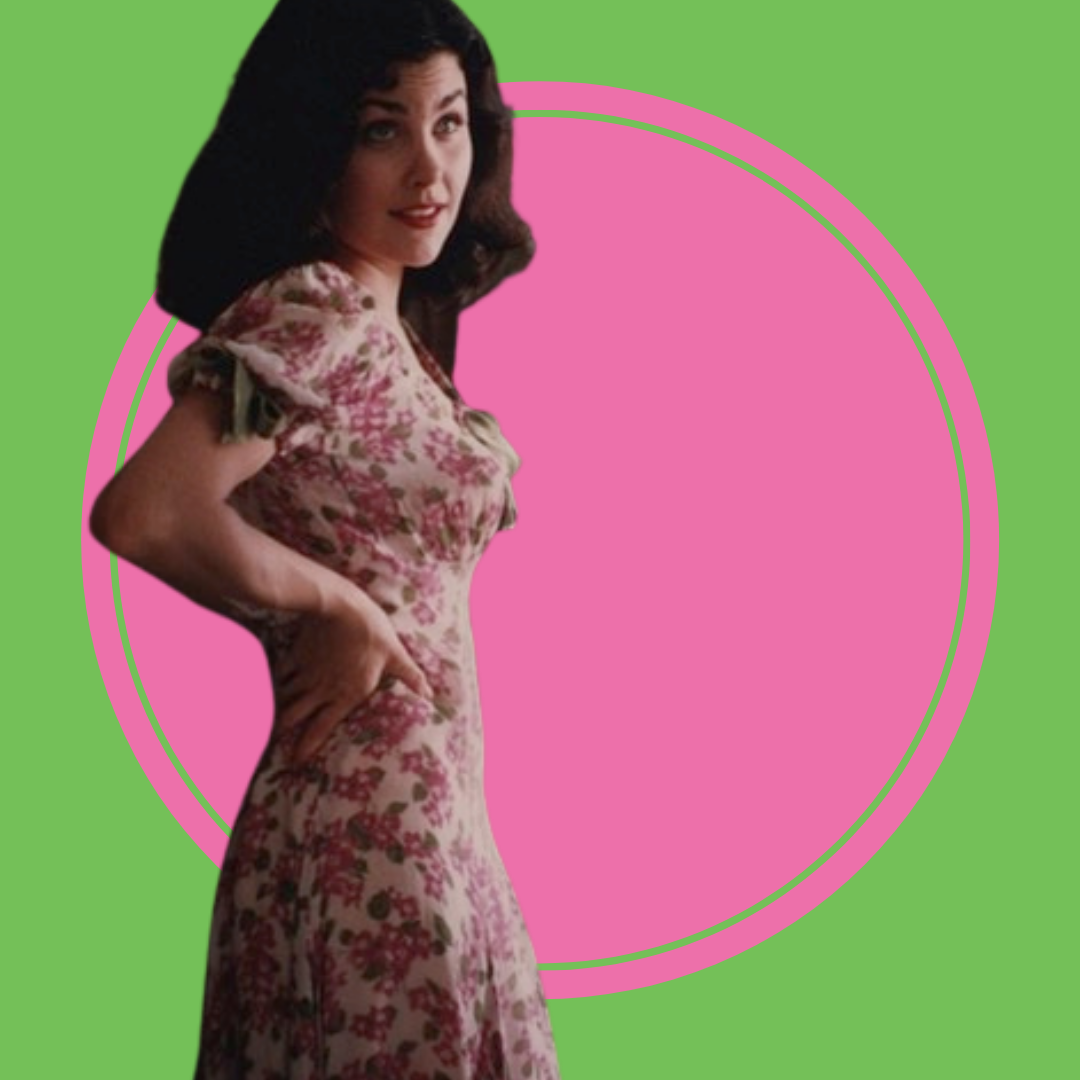‘Without reason and accountability’ – women written under a male gaze
This blog is a little different than our usual posts. I’m sure it hasn’t escaped your notice that Rare Birds Book Club celebrates… well, ‘rare birds’ – fantastic female authors of beautiful prose that has the power to stay with you for a lifetime. But we thought it was about time we gave the boys a bit of overdue attention.
Before you roll your eyes and close this page, let me explain. I have a soft spot for films about writers – good or bad, I’ve watched most of them – and a few days ago, I noticed an old favourite, ‘As Good As It Gets’, had appeared on Netflix. If you haven’t seen it, I can’t recommend it enough. There are so many great lines, but on my most recent re-watch, one in particular stayed with me. Jack Nicholson, playing OCD afflicted romance novelist Melvin Udall, is approached by a big fan of his work. She asks him ‘how he writes women so well’, and he replies: “I think of a man. And I take away reason and accountability.”
It’s rude – of course it is – delivered by an (at best) mildly misogynistic male lead. But the line actually perfectly describes how many male authors seem to approach female characters – without ‘reason and accountability’. On the page, so many women are reduced to plot points and sexual objects with little agency of their own. We learn more about the shape of their breasts and cut of their dress than anything that might be going on in their brains. You could argue that such women reside in the print of poorly written prose… but you’d have to ignore a fair few classics.
Steinbeck’s Of Mice and Men is taught in classrooms across the UK. It’s a classic, there’s no doubt about that, but there’s only one female character in the entire novella, and she’s never named. Curly’s wife is an object, a foil for the other (male characters) to react against; and her death (spoiler!) at the hands of Lennie is portrayed as inevitably her own fault… if only she hadn’t spent so much time on her lovely hair. Steinbeck isn’t the only offender. George RR Martin, Jack Kerouac and Paul Auster have all mistaken women’s cup size for character traits, and John Updike spent an astonishing amount of time describing the differences between male and female urination in The Witches of Eastwick. I can’t bring myself to reproduce the whole paragraph, but here’s the best (worst) bit: “Everything about [men] was more direct, their insides weren’t the maze women’s were, for the pee to find its way through.”
Before the cries of ‘not all men’ come, obviously there are plenty of great male writers who’ve created wonderfully well-rounded female characters too. Anna Karenina, Lisbeth Salander, Lady Macbeth, and Briony Tallis all read like real people, and the least interesting thing about them is how they look. But for every Lucy Pevensie making you smile, there’s a Susan Pevensie waiting to disappoint. So for any aspiring (or established and offending) male authors reading this, here’s a little bit of advice: move your focus from our boobs and our differing bodily functions; forget about the shoes we might be wearing; and go a little deeper to imagine what we might be thinking and feeling instead.



